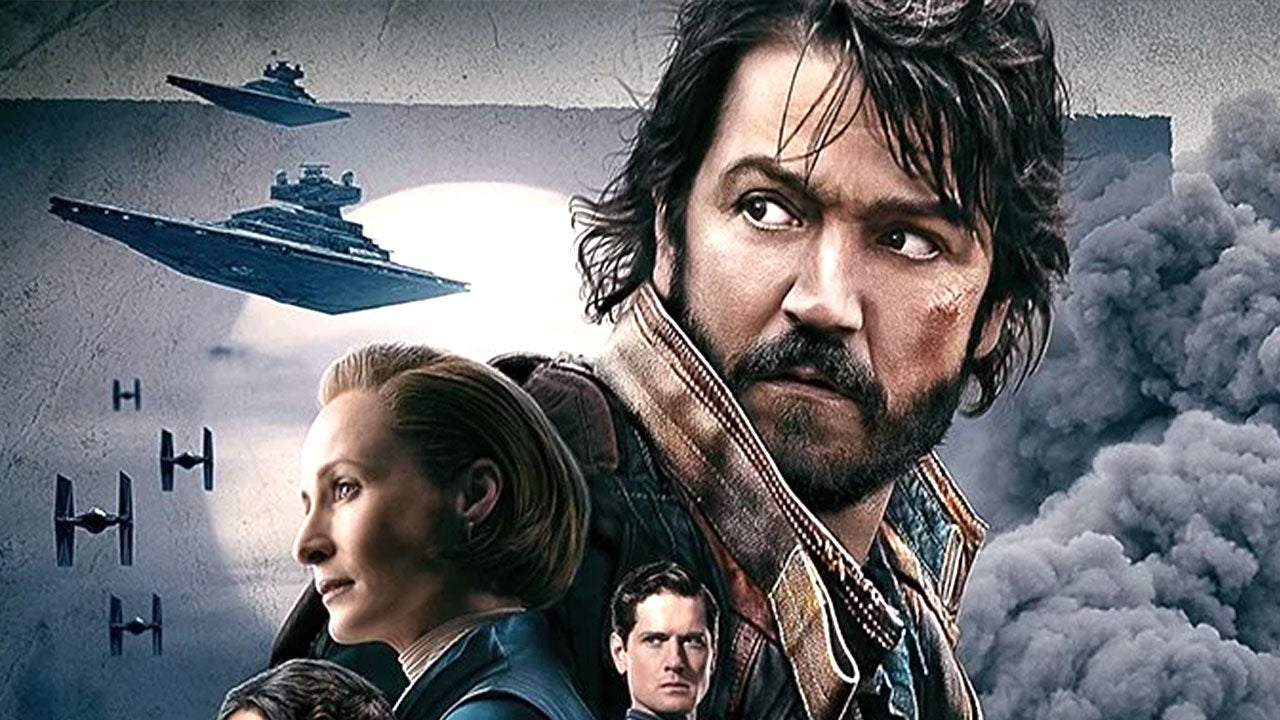
As usual, I’m bringing up the rear when it comes to reacting to a current TV series. That’s because I wait until the season is done, then watch it. This allows me to inhale the season as quickly as possible, should I feel the need to binge.
It’s rare for me to want to gulp down a season. But Andor was an exception. I was absorbed and delighted by the writing and character development. And the acting was superb, too.
I’ve read a lot of reviews about the show that rave about it being a series for adults, and have to agree with this. Star Wars movies and TV series, to date, have been very black and white, and simplistic in who are the good guys and who are the bad guys. Andor was not at all simplistic. It was, in actual fact, damned fine fiction. No one was all good or all bad. Everyone had flaws and human foibles.
And <blessed relief> no characters had to behave in strange ways that didn’t match their character just to ensure a spectacular action scene could take place. Everyone in the show behaved in ways that were true to their character, but because they were flawed and human, they managed to get into trouble, anyway.
Plus, the major characters changed, over the course of the season. This is a sure sign the writers have been allowed to do their jobs. In particular, of course, the entire series is a showcase of how Cassian Andor moves from being a survivor indifferent to anyone else’s issues, to become a full member of the Rebellion, which leads him directly to the events in Rogue One.
I could go on a lot longer about the great writing and acting.
Instead, though, I wanted to point out another positive and intriguing aspect of the show that I really appreciated.
Right from the beginning of the franchise’s history, with the original Star Wars movie (and no, I won’t call it “A New Hope” because that wasn’t the name of the movie I saw in 1978), the Empire was painted as black, evil, wicked.
Darth Vader was the personification of that evil, and had everyone cringing, including the iron-spined Leia.
Luke has a line in the movie (and I’m paraphrasing from memory); “Listen, I can’t get involved. I’ve got work to do. It’s not that I like the Empire. I hate it, but there’s nothing I can do about it right now. It’s all such a long way from here.”
Why did he hate the Empire so much?
That’s a yawning, unanswered question that threads throughout most of the Star Wars franchise. Everyone hates the Empire, but no movie or series really shows why the Empire is so hated.
Until Andor.
I wasn’t aware of this missing explanation until I got deeper into the season. Andor shows normal people (no future Jedis or secret daughters of emperors) going about their lives and trying to survive despite the Empire’s very heavy-handed repression and retribution.
And the people working for the Empire believed they were doing the right thing. They weren’t Palpatine-type cliches chuckling and rubbing their hands with glee while the little people squirmed. They were human, just like everyone they were treading upon. They were focused upon their careers, getting ahead. Or, to put it another way; they were scrambling to survive, too.
In Andor, you get to see why everyone hates the Empire, which very neatly back-fills and props up some of the more superficial movies and series in the franchise.
Star Wars has been around since 1977. It’s the reason I got into writing fiction (I wanted more of it.) Everyone who has been a fan of the franchise since then has grown up and grown (or are growing) old. It seems appropriate that the stories become more sophisticated and realistic, to cater to the tastes of an aging, loyal audience.
I’m very much looking forward to the second season of Andor, which was announced last month. I only hope there is more fully developed story-telling like Andor yet to come.
Cam